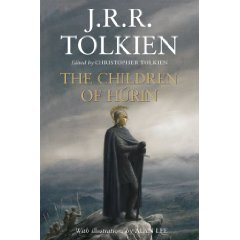In 1925, as a protest against the new and virulent strains of dictatorship then beginning to infect the world, Pope Pius XI instituted the Solemnity of Christ the King, which is now celebrated in the Novus Ordo Missae, and by many Protestant churches, on the last Sunday of the liturgical year, viz. today. This quotation caught my eye as appropriate to the occasion:
[T]he greatest crimes are caused by excess and not by necessity. Men do not become tyrants in order that they may not suffer cold; and hence great is the honour bestowed, not on him who kills a thief, but on him who kills a tyrant.
—Aristotle, Politics








Recent Comments